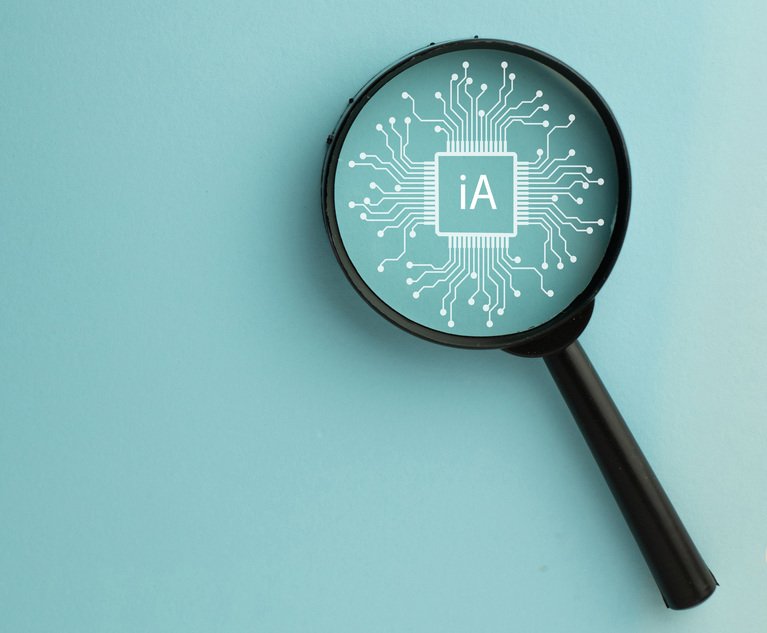Facebook and Instagram make it possible to follow and connect with our “friends” any time of day or night, “Air tags” keep track of keys, cell phones and luggage. GPS instantly lets us know the “location” of middle and high school children experimenting with their independence. Doorbell cameras make it easy to avoid unwanted visitors and monitor our homes from anywhere and “Nanny Cams” provide peace of mind for working parents. Shared cell phone plans, e-mail and calendars keep families organized and informed.
 Dina de Giorgio of Schwartz Sladkus Reich Greenberg Atlas. Courtesy photo
Dina de Giorgio of Schwartz Sladkus Reich Greenberg Atlas. Courtesy photo
For the most part, technology is good, and using it makes our lives better. But when couples find themselves in a contentious divorce, the rules about the use of technology change. The same technology that parents and spouses use to connect with one another often becomes tools for “cyber spying” in a divorce. It is essential, as soon as you are retained, to advise clients how to modify their use of technology to protect themselves and their children and be clear about the consequences of using technology for “cyber spying” during a divorce.
This content has been archived. It is available through our partners, LexisNexis® and Bloomberg Law.
To view this content, please continue to their sites.
Not a Lexis Subscriber?
Subscribe Now
Not a Bloomberg Law Subscriber?
Subscribe Now
LexisNexis® and Bloomberg Law are third party online distributors of the broad collection of current and archived versions of ALM's legal news publications. LexisNexis® and Bloomberg Law customers are able to access and use ALM's content, including content from the National Law Journal, The American Lawyer, Legaltech News, The New York Law Journal, and Corporate Counsel, as well as other sources of legal information.
For questions call 1-877-256-2472 or contact us at [email protected]







